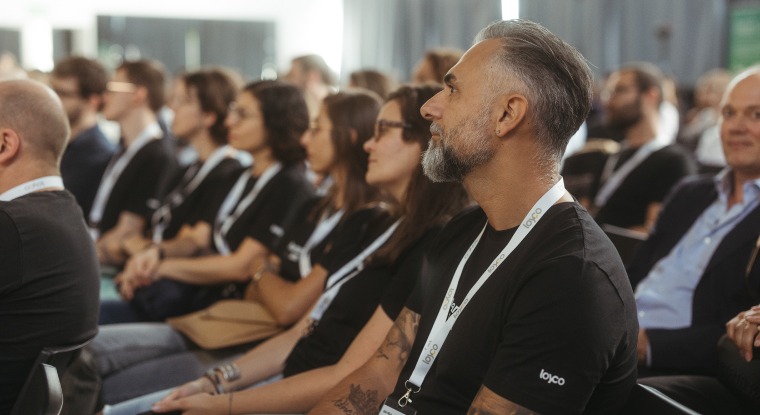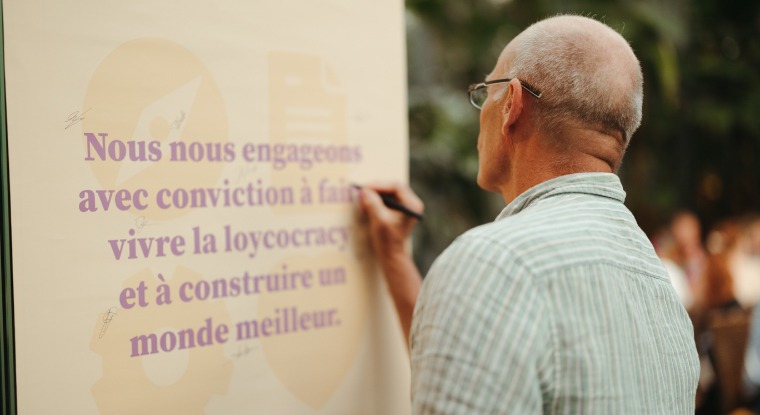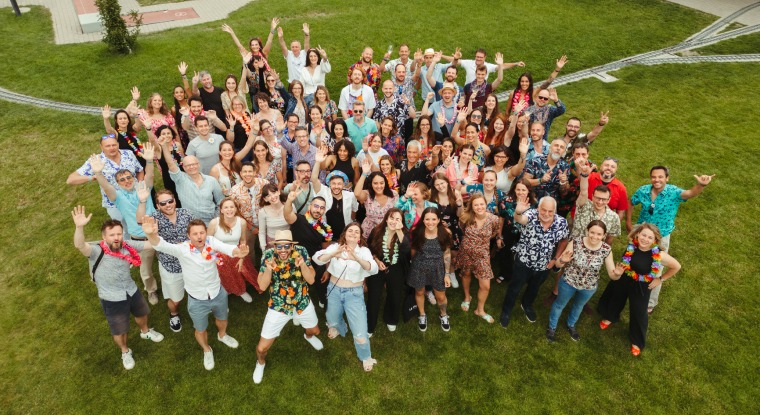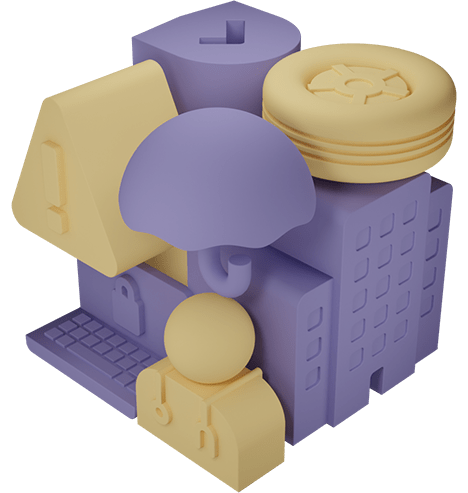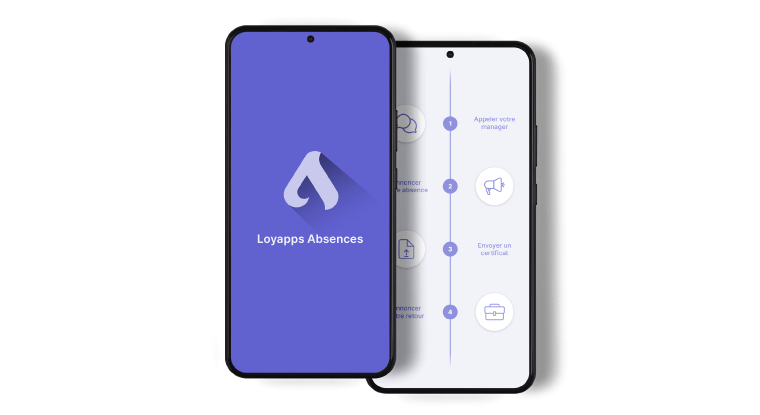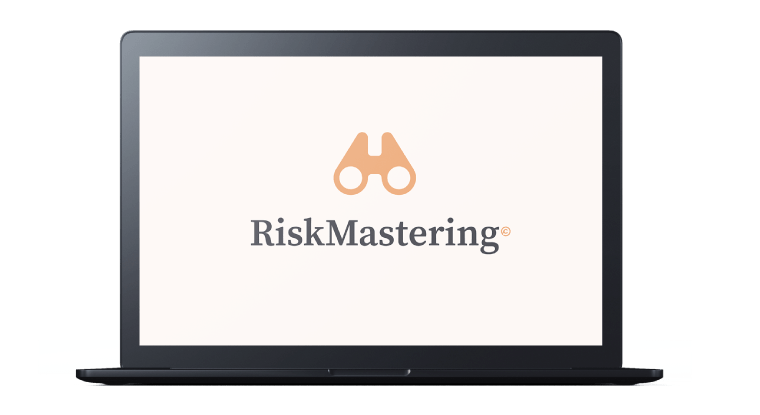
Practical experience: an essential ingredient of crisis management
On May 28, Geneva’s l’Espace was the setting for a unique immersive workshop on crisis management, organized in collaboration with Crisalead, FSE and Legal Light. The event plunged participants into the heart of a brilliantly simulated cyberattack. In the eye of the storm, the various teams had to make decisions, influenced minute by minute by new disruptive elements. A practical and realistic training course that was much appreciated.
The workshop brought together 25 participants divided into three separate crisis cells.
After a 30-minute briefing explaining the main methodological lines, the teams were immediately confronted with a complex situation: a cyber crisis (ransomware) affecting a retirement home, involving unscrupulous care assistants, data leaks on the darknet and damage to the establishment’s reputation.
The scenario and the 5Ds of the crisis
Participants had to deal in real time with the 5D characteristics of a crisis:
- Floods and overflows
- Regulation
- Decredibilization
- Multiple discrepancies
- Destabilization
These are all elements that are difficult to imagine until they are experienced, hence the value of such a simulation, which enabled the different teams to realize the types of unforeseen events and issues involved in the onset of a crisis.
A four-stage program
Under the supervision of Crisalead experts, participants followed a four-stage process, as shown below:
- Understanding the problem
- Analyze the situation
- Develop action options and strategies
- Making informed decisions

Each stage was punctuated by synchronization points, enabling participants to share their findings, thoughts and doubts, thus fostering constructive exchanges with experts and other crisis cells.
Two on-site experts also enriched the workshop with their contributions: Grégoire Mottier from Loyco, on risk management and risk analysis (probability, impact, reduction, etc.), and Olivier Unternaehrer from Legal Light, on legal aspects and data protection.
A popular training course
The main objectives of this workshop were to introduce participants to crisis management, get them to reflect on their strengths and weaknesses in stressful situations, and offer them an enriching group experience. Feedback from participants confirmed the success of the event, underlining the quality of the training and its usefulness for their professional activities. Indeed, almost 92.3% of them said they were “very satisfied” or “satisfied” with the interactive format, and 100% with the quality of the speakers.
Invaluable practical experience
No amount of reading can replace practical experience when it comes to crisis management.
That’s why the best learning method is simulation.
“All our customers should experience this workshop, either to test their existing processes, or to become aware of what is at stake and the work involved in setting up a crisis unit”, says Christophe Barman, co-founder of Loyco, who took part in the workshop as part of a crisis unit.
This workshop demonstrated the importance of crisis preparedness and responsiveness, highlighting the need for hands-on, immersive training. An unforgettable experience that enabled participants to successfully dive into the deep end of crisis management.
